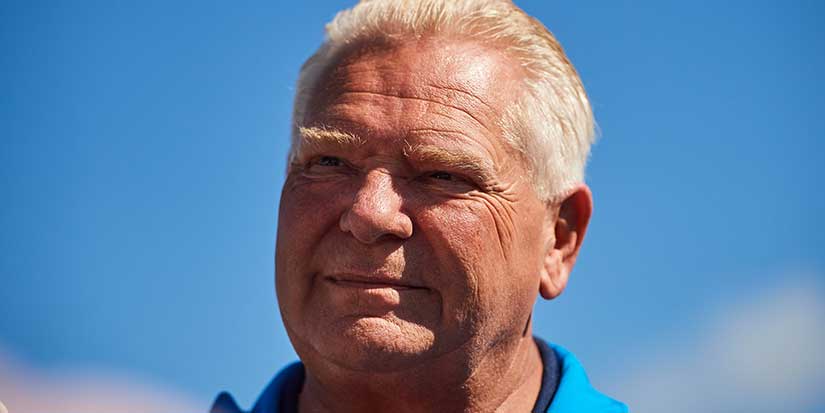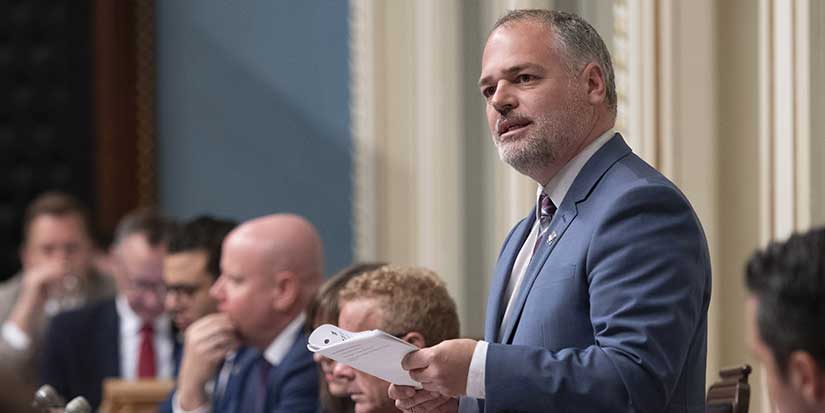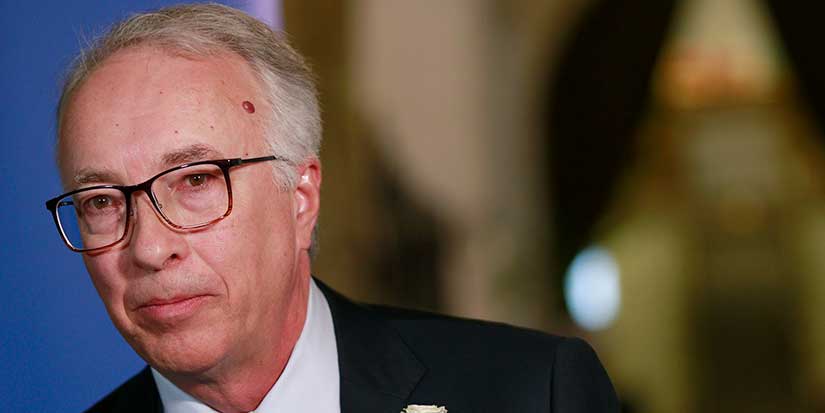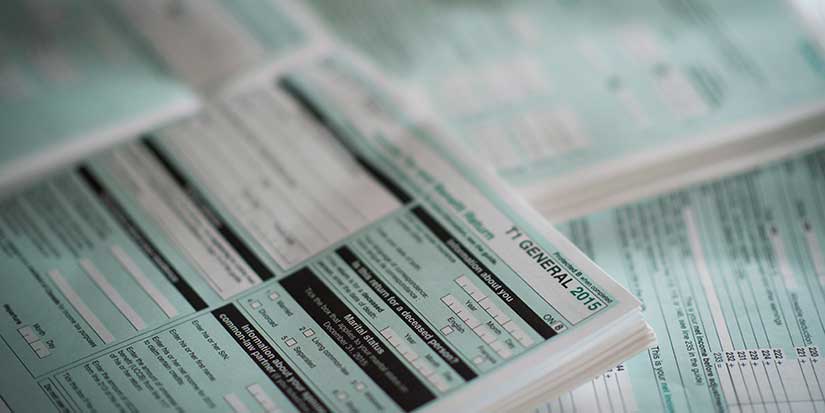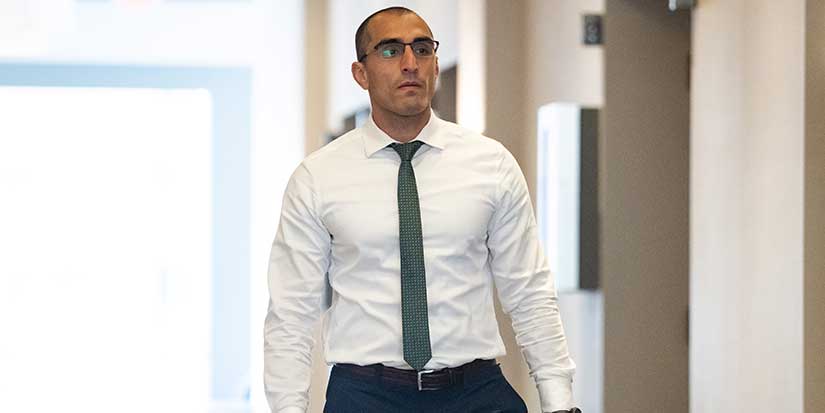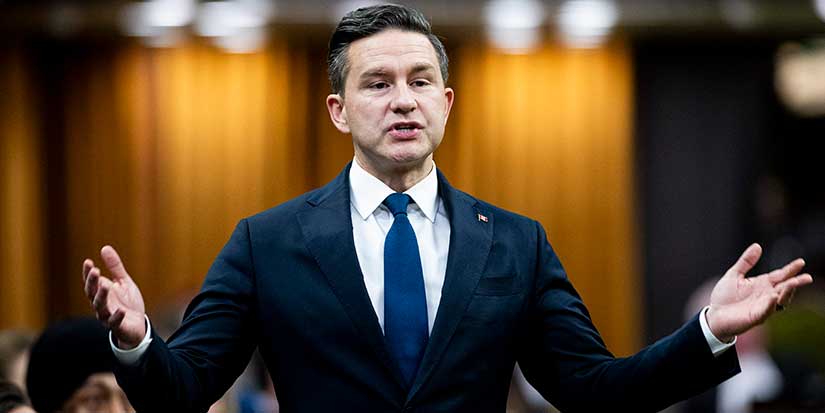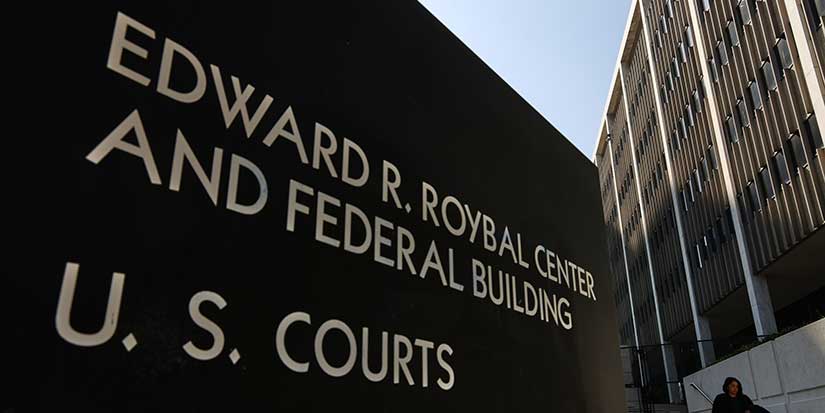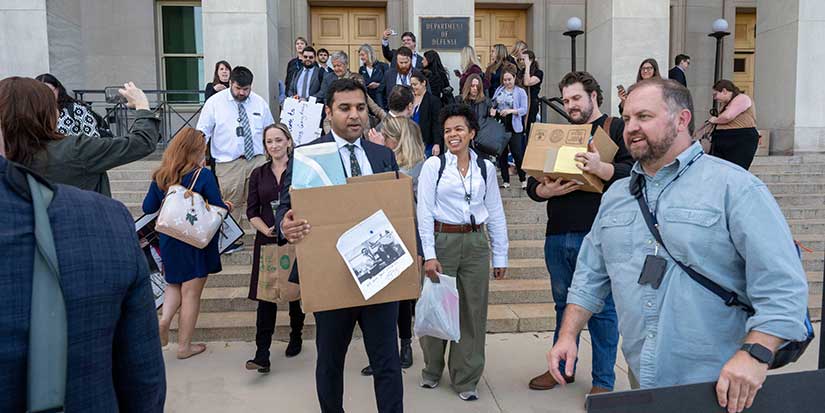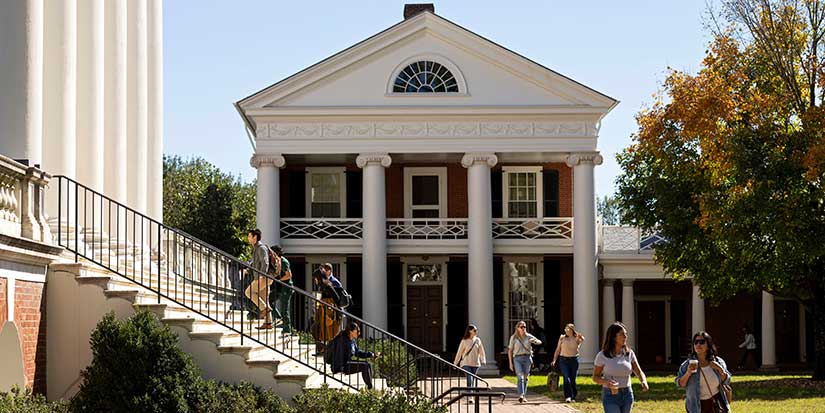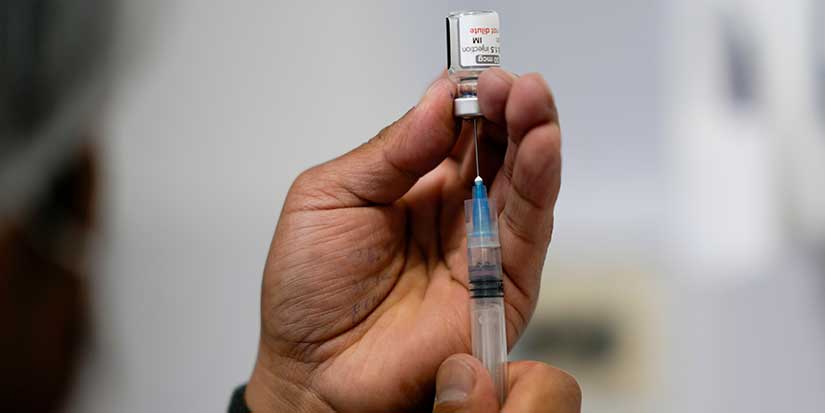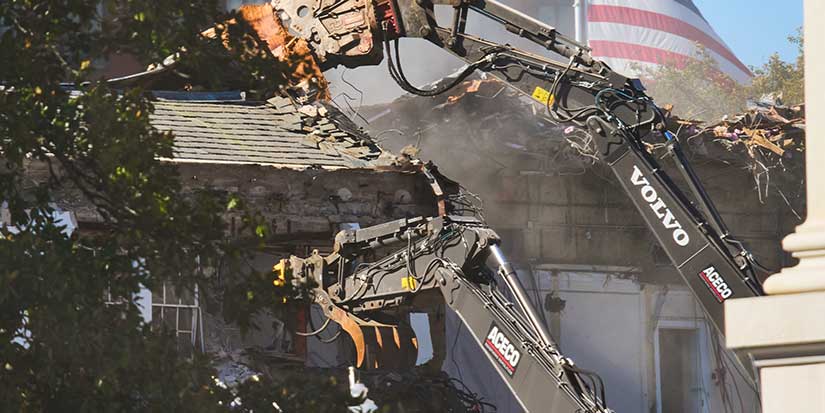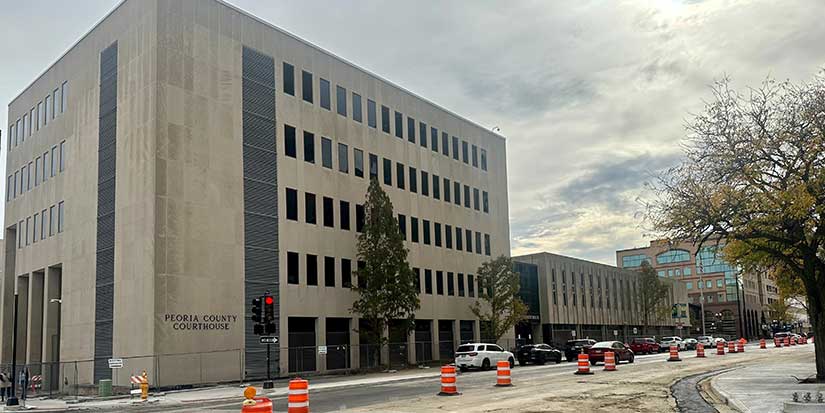Latest News
Vital supports expanded for people leaving correctional centres

Published 12:22 PDT, Tue October 4, 2022
—
More people will get mental-health and substance-use support when leaving correctional centres as B.C. creates new and expanded services for those at risk.
The province is expanding Community Transition Teams to offer support services for people leaving all 10 provincial correctional centres. The expansion will double the number of teams from five to 10. Government is also increasing the size and capacity of all teams by adding new health-care and support workers, and tripling the length of time people get services from 30 to 90 days.
"The treatment and supports people get in the weeks following release from a correctional centre are key for a safe transition back into community," said Sheila Malcolmson, Minister of Mental Health and Addictions. "These new and expanded Community Transition Teams will help people get the support they need on their pathway to recovery."
The five new teams will serve people leaving the Alouette Correctional Centre for Women, Ford Mountain Correctional Centre, North Fraser Pretrial Centre, Okanagan Correctional Centre, and Vancouver Island Regional Correctional Centre. There will also be a centralized hub team to provide specialized clinical support and program co-ordination to all 10 teams.
All 10 teams will include social workers, nurses, peer support workers, and Indigenous patient navigators, who will provide short-term substance-use or mental-health treatment, medication-assisted treatment, and motivational interviewing, and will connect people to psychiatric, clinical, and social supports, among other services.
"Our government has been working to build a comprehensive system of mental-health and addictions services to get people the help they need to break the cycle of offending, so that we can all live in safer communities," said Mike Farnworth, Minister of Public Safety and Solicitor General. "The expansion of the Community Transition Teams shows we are taking action. We will continue to work with our partners on identifying other ways we can implement further changes to keep our communities safe."
The new teams are in addition to the five Community Transition Teams that currently support people leaving Surrey Pretrial Services Centre, Prince George Regional Correctional Centre, Kamloops Regional Correctional Centre, Nanaimo Correctional Centre, and Fraser Regional Correctional Centre.
"It's important for me to help them transition into society, because there are so many barriers for our clients when they are in custody and trying to connect with their community supports. So we really help bridge that gap and be a part of it, walking with them every step of the way,” said Della, a Community Transition Team social worker.
Since 2019, the five original teams have helped about 1,500 people get support on their pathway to recovery. Community Transition Teams have continued to provide services during the pandemic. More than 2,500 take-home naloxone kits were distributed to people leaving a correctional centre since 2020.
"I really appreciated the support Community Transition Teams provided in connecting me with the Ministry of Child and Family Development,” said Samantha, a former Community Transition Teams client. “They even took me to meetings outside the city. Community Transition Teams really supported me, came with me to court, held my hand, and sat with me while I was waiting. After release, they made sure I got to a women's clinic, and they didn't just drop me off, they stayed with me."
Enhancing supports for people living with mental-health and substance-use needs is an integral part of A Pathway to Hope, B.C.'s roadmap for building a comprehensive system of mental-health and addictions care for British Columbians.












